It's time to study up on another legal term: suborning perjury.
Once again, events are swirling around the star witness for the January 6 Committee, and possibly soon federal prosecutors, Cassidy Hutchinson.
A quick refresher: Hutchinson was a top aide to former White House chief of staff Mark Meadows, a pivotal player in the events of January 6.
This past summer, Hutchinson provided riveting testimony about what was going on, and who was saying what, behind the scenes at the White House during the days leading up to and including the attack upon the Capitol.
The Committee hinted last week in addition to the charges it was referring to the Justice Department around the main actors, including Donald Trump, it possessed troubling evidence about improper efforts to influence the testimony of key witnesses.
It is now clear this referred to and included Hutchinson.
The Committee released Hutchinson’s testimony on Thursday night, and it is in a word shocking, even to those used to bombshell evidence out of Trumpworld.
The inescapable conclusion from her sworn statements is Trump-aligned lawyers and other loyalists attempted to illegally influence Hutchinson’s testimony before the Committee—and that is a very serious matter indeed.
To understand how this could play out, let's look first at what the law says about suborning perjury and related obstruction crimes like witness tampering.
Then let’s review some of the most blatant examples provided by Hutchinson in her testimony and cap things off with what this could mean for the larger investigation.
Suborning Perjury and Witness Tampering
“Suborning” perjury is a strange term, admittedly, but here’s what it essentially means: You can be found guilty of suborning perjury if you knowingly or corruptly procure someone else’s testimony that you believe or have reason to believe is false.
You can also be guilty of a conspiracy to suborn perjury if you make an agreement with others and take steps in furtherance of such a plan, even if perjured testimony ultimately does not result.
Here’s what the federal statute, 18 U.S.C. § 1622, says:
“Whoever procures another to commit any perjury is guilty of subornation of perjury, and shall be fined under this title or imprisoned not more than five years, or both.”
There’s a related statute that applies when suborned perjury winds up obstructing an official proceeding or investigation. After all, pressuring, say, your uncle to lie under oath in a civil tort case is bad and illegal, but it doesn’t impede justice or potentially impact the work of official investigators and prosecutors.
When that happens, the governing statute is 18 U.S.C. § 1512, and it states in relevant part as follows:
"Whoever…corruptly persuades another person, or attempts to do so, or engages in misleading conduct toward another person, with intent to…influence, delay, or prevent the testimony of any person in an official proceeding… shall be fined under this title or imprisoned not more than 20 years, or both."
Now that we understand what crimes may have been committed, and the very high potential prison penalties, let’s look at a few examples of what took place.
Trump lawyer Stefan Passantino acted like a mob consigliere
Hutchinson was initially represented by a Trump loyalist named Stefan Passantino. Hutchinson had hired Passantino without any engagement letter, which he insisted was no big deal.
Hutchinson recalled Passantino saying:
“We have you taken care of.”
She would also not have to pay his legal bills, she understood.
She remembered Passantino saying:
“We’re not telling people where funding is coming from right now."
"Don’t worry. We’re taking care of you.”
But take care of her he most certainly did not.
Instead, Passantino instructed Hutchinson in ways that were on their face unethical and illegal, encouraging her to perjure herself or otherwise be knowingly elusive and unhelpful. I’ve pulled a number of examples of Passantino’s “advice” to Hutchinson, provided by overnight reporting on the released transcript.
For example, Passantino suggested Hutchinson be intentionally useless to the Committee.
Passantino told her:
“We’re going to downplay your role… the less you remember, the better.”
He also coached her:
"Your go-to Cass, is ‘I don’t recall.’”
He advised if she did that, the Committee would realize she was not useful to them as a witness.
Passantino said:
“Trust me. You just need to trust me on this."
While Passantino did tell her not to lie, he did improperly mislead her into thinking she could simply say she didn’t recall something because it wasn’t illegal to do so.
Hutchinson testified:
“He specifically told me, ‘I don’t want you to perjure yourself, but ‘I don’t recall’ isn’t perjury. They don’t know what you can and can’t recall'."
The clear implication, however, was if Hutchinson said she didn’t remember, they couldn’t ever prove she actually did.
The problem, of course, was Hutchinson is an honest person, and she knew what she actually could recall in very specific conversations and details.
She grew increasingly uncomfortable with Passantino as her counsel, who seemed more interested in protecting his boss than helping Hutchinson with her testimony.
Hutchinson recalled Passantino saying to her:
“We just want to focus on protecting the President."
“We all know you’re loyal."
"Let’s just get you in and out, and this day will be easy, I promise.”
With respect to key incidents—such as when Trump allegedly lunged for his driver in the “Beast” limo in order to compel him to drive him to the Capitol—Passantino warned during her preparation:
“They want there to be something."
"They don't know that there is something."
"We’re not going to give them anything.”
When Hutchinson grew concerned the Committee might ask her about what she actually did remember, and raised the possibility of testifying about what a member of Trump’s security detail had told her about the lunging incident, Passantino sat back in his chair.
Passantino warned:
“No no no no no. We don’t want to go there."
"We don’t want to talk about that.”
During her interview, the Committee did wind up asking directly about the Beast limo incident. Hutchinson initially followed Passantino’s advice and said she didn’t recall.
But she took a break, suffering anxiety over the feeling she wasn’t being forthright and truthful and arguing to him that saying she didn’t recall when she actually did recall was tantamount to lying.
She was correct.
But Passantino advised her to continue to lie because they couldn’t prove otherwise.
She recalled him saying:
“They don’t know what you know, Cassidy."
“They don’t know that you can recall some of these things.”
After the interview, Hutchinson said she was also offered a carrot in the form of employment.
Passantino purportedly said he would help her land “a really good job in Trump world” and he promised:
“We’re going to get you taken care of."
"We want to keep you in the family.”
At times, Passantino issued what seemed like veiled threats from the head of that family.
Passantino said to her in reference to Donald Trump:
“I would have heard if he was mad about anything discussed in yours, but it’s just a good reminder that the boss does read transcripts.”
He continued:
"And we want to make sure that, like, whatever he’s reading isn’t going to put you in a bad situation.”
Hutchinson testified her “breaking point” with Passantino came during the summer when he advised her not to speak to the Committee anymore, even at the risk of being charged with contempt of Congress. He told her “contempt is a small risk, but running to the right is better for you.”
Hutchinson, distraught, wound up seeking counsel and help from a fellow White House aide, Alyssa Farrah Griffin, who created a backchannel to the Committee.
Hutchinson then switched lawyers and provided her real, unfiltered testimony, including accounts of how she was pressured to lie about what she could and could not recall.
Other Trump allies also illegally leaned on Hutchinson
Passantino wasn’t the only person applying pressure, both positive and negative, on Hutchinson prior to her testimony. She kept text messages from others in Trump’s orbit who had reached out to her around the time of her Committee interviews.
After her first session, Hutchinson was put in touch with former Trump aides Jason Miller and Justin Clark about possible employment opportunities.
And on the night before her initial interview, another aide to Meadows, Ben Williamson, telephoned her. Like Passantino, Williamson urged Hutchinson to say “‘I don’t recall’ a lot,” just as he had done.
He assured her “they’re not going to come after us for anything.”
Then Williamson relayed a troubling message.
In an apparent reference to both Meadows and Trump, Hutchinson testified Williamson said to her:
“Mark wants you to know that he knows you’re loyal and he knows you’ll do the right thing tomorrow and that you’re going to protect him and the boss."
"You know, he knows that we’re all on the same team and we’re all a family.”
There’s that “family” reference again…
But isn’t this just her word against theirs?
It turns out, Hutchinson didn’t keep her turmoil just to herself. According to CNN, Hutchinson confided in a friend about what Passantino was telling her to do. That is hugely important if it ever comes down to he said/she said.
After all, Hutchinson already had no reason to lie, given the likely repercussions to her reputation and even personal safety. The fact she told this same story contemporaneously to a third party is very strong evidence of its truth today.
Specifically, she told that friend she was concerned about Passantino’s advice, particularly about the possible contempt charge. She told her friend there was more she wanted to share, but Passantino was advising against it.
She complained White House aides like her were being directed not to share certain things by attorneys who were paid for by the Trump team. And she worried Committee investigators were off on the wrong track with their questions.
What about the hearsay rules?
All of the illegal advice and pressure Hutchinson testified about are technically “out of court statements” by others, and therefore we need to be mindful about the rules around hearsay.
But if Passantino is charged as a defendant, then this problem more or less evaporates because at that point he becomes what’s called a “party opponent” to the state, and his out of court statements can be admitted to prove his guilt and aren’t considered hearsay.
This rule also applies to co-conspirator statements if made in furtherance of the conspiracy.
The same goes for Hutchinson’s important testimony about what people like Meadows said to her. These were also out of court statements, but as Meadows is likely going to be charged with crimes or is a co-conspirator himself, these statements also likely will come into evidence.
Note this is very different than trying to admit Hutchinson’s statements about what non-defendants such as Tony Ornato told her about what Trump did inside the Beast, for example. That incident would need someone who was actually present to testify to what occurred, and at this point it’s unclear if anyone would.
Note the hearsay rules only apply to court proceedings, not to Congressional ones.
So now what happens?
The best way to look at this evidence is to weigh its potential leverage value. People like Passantino and Williamson probably don’t want to go to jail for years, and they may be in possession of very damaging evidence they could use in exchange for leniency.
For example, did Williamson have a conversation with Meadows regarding Hutchinson remaining loyal? About protecting the president? Did Meadows instruct Williamson to say all that to Hutchinson?
It’s unlikely Williamson offered a barbed warning about protecting Meadows and “the boss” without someone else telling him to do so.
If Williamson can ensnare higher-ups like Meadows in a conspiracy to suborn perjury or tamper with a witness, this would give prosecutors more leverage with Meadows, who probably knows where all the bodies are buried when it comes to January 6.
It could be Meadows, facing multiple possible charges of conspiracy, is already cooperating with prosecutors. We certainly haven’t heard much from him in some time.
Hutchinson’s testimony underscores the extent to which Meadows and other members of the Trump team face legal peril. They are likely keenly aware members of Nixon’s team went to jail for obstruction of justice back in the Watergate days.
Just how much can be squeezed from these witnesses will now be up to Special Counsel Jack Smith and his team.

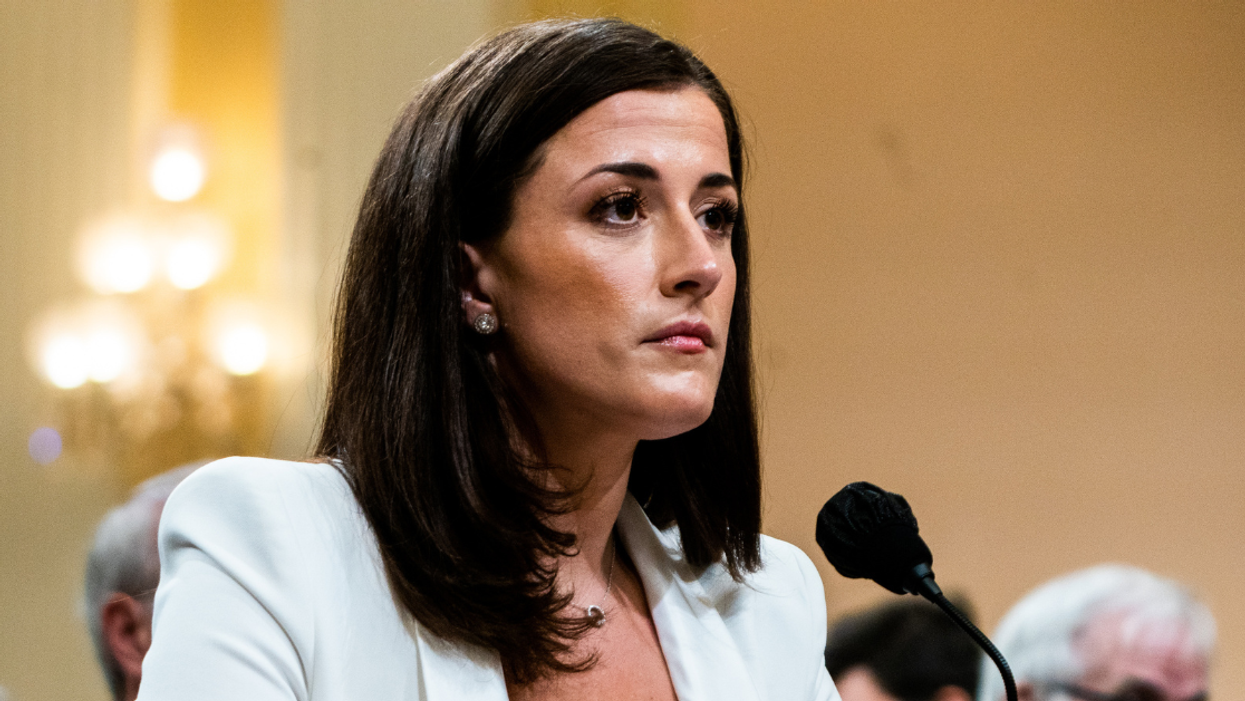
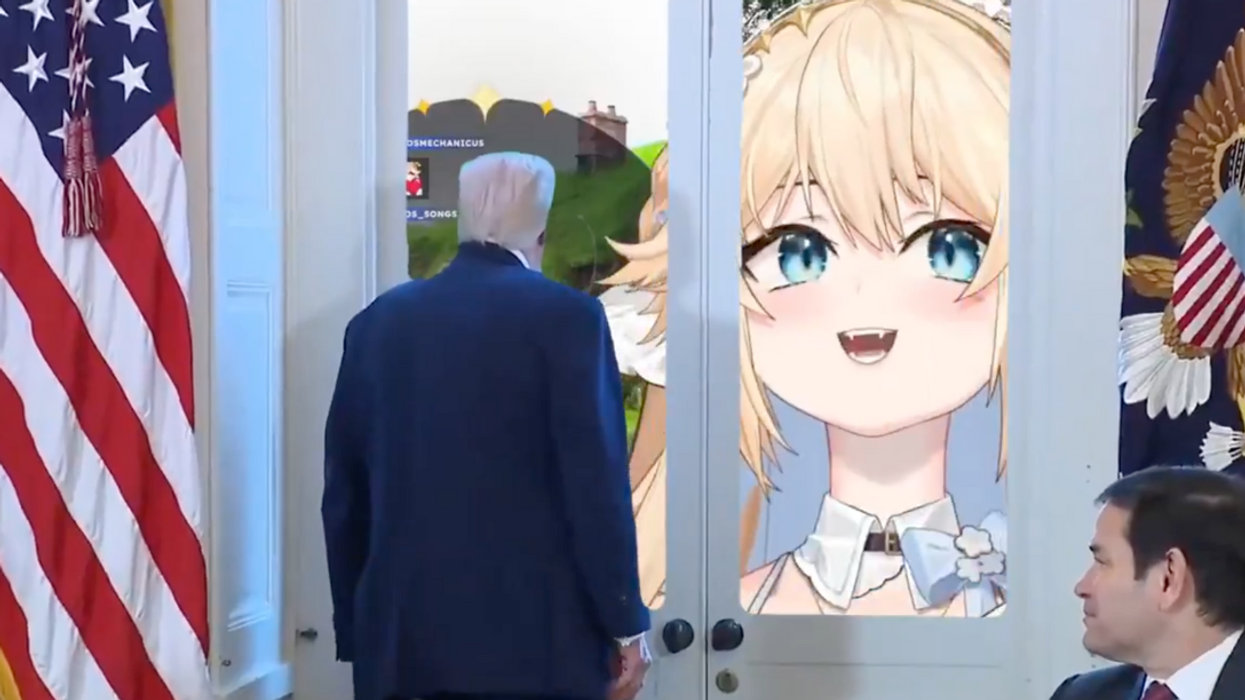
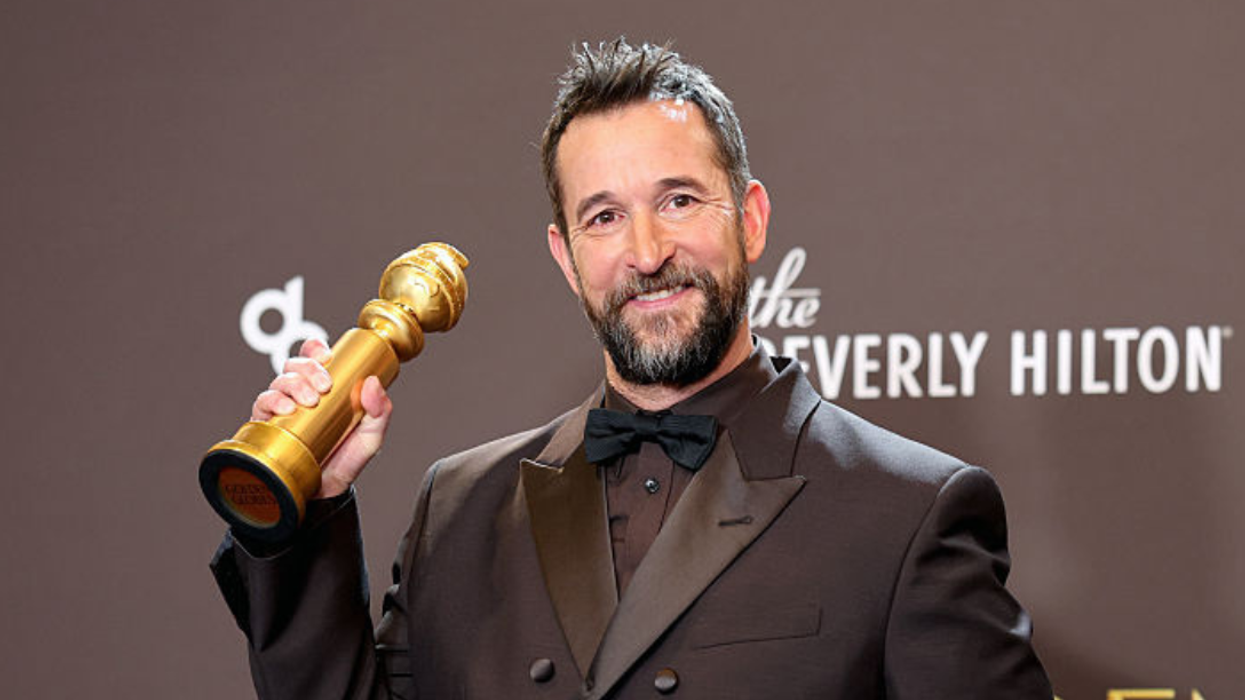



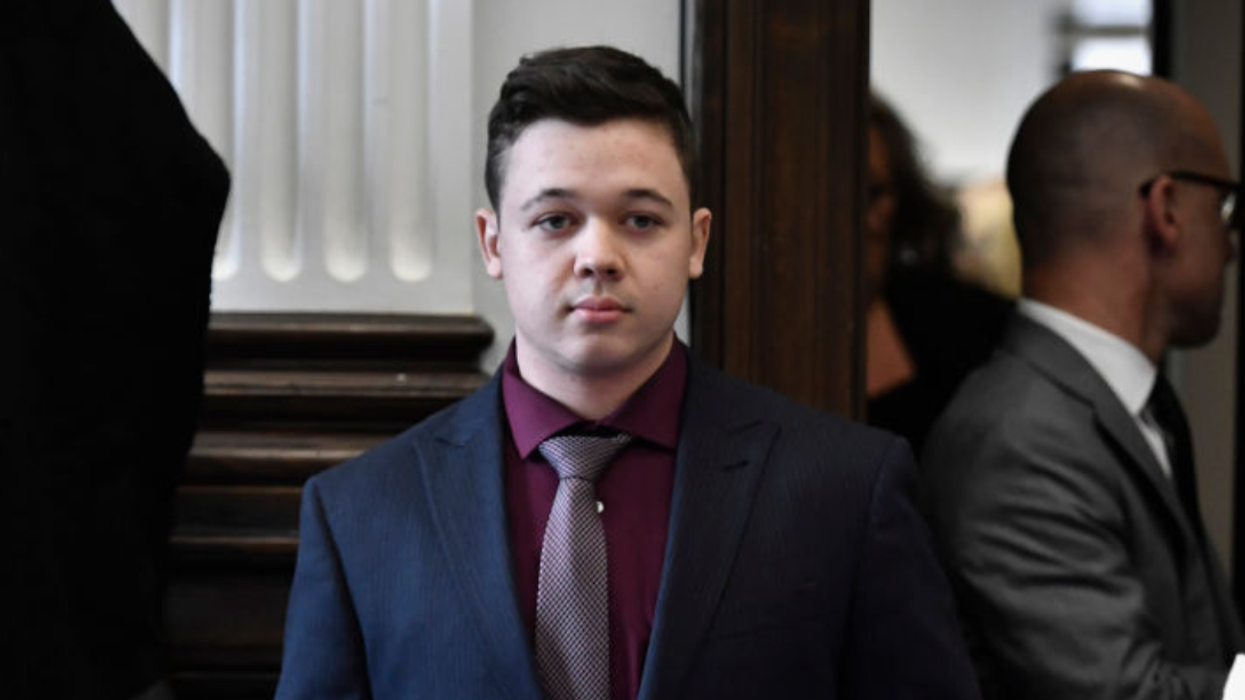



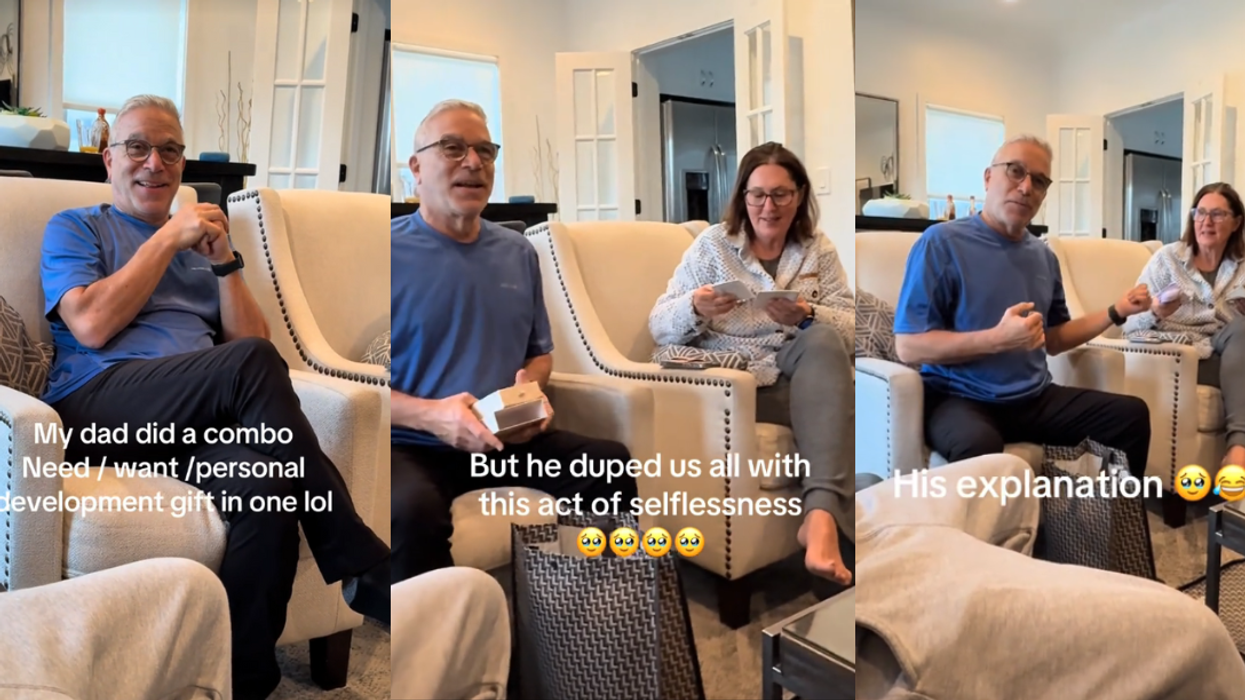
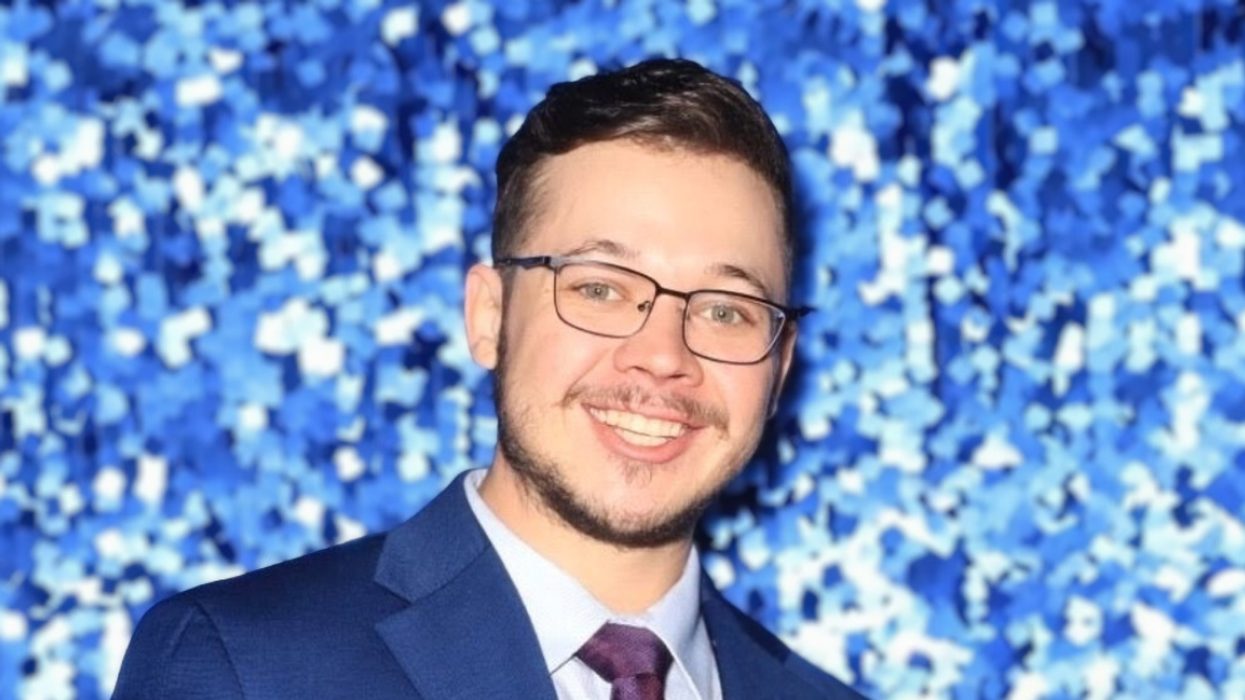
 Indy100/Facebook
Indy100/Facebook Indy100/Facebook
Indy100/Facebook Indy100/Facebook
Indy100/Facebook Indy100/Facebook
Indy100/Facebook @filmystic/X
@filmystic/X Indy100/Facebook
Indy100/Facebook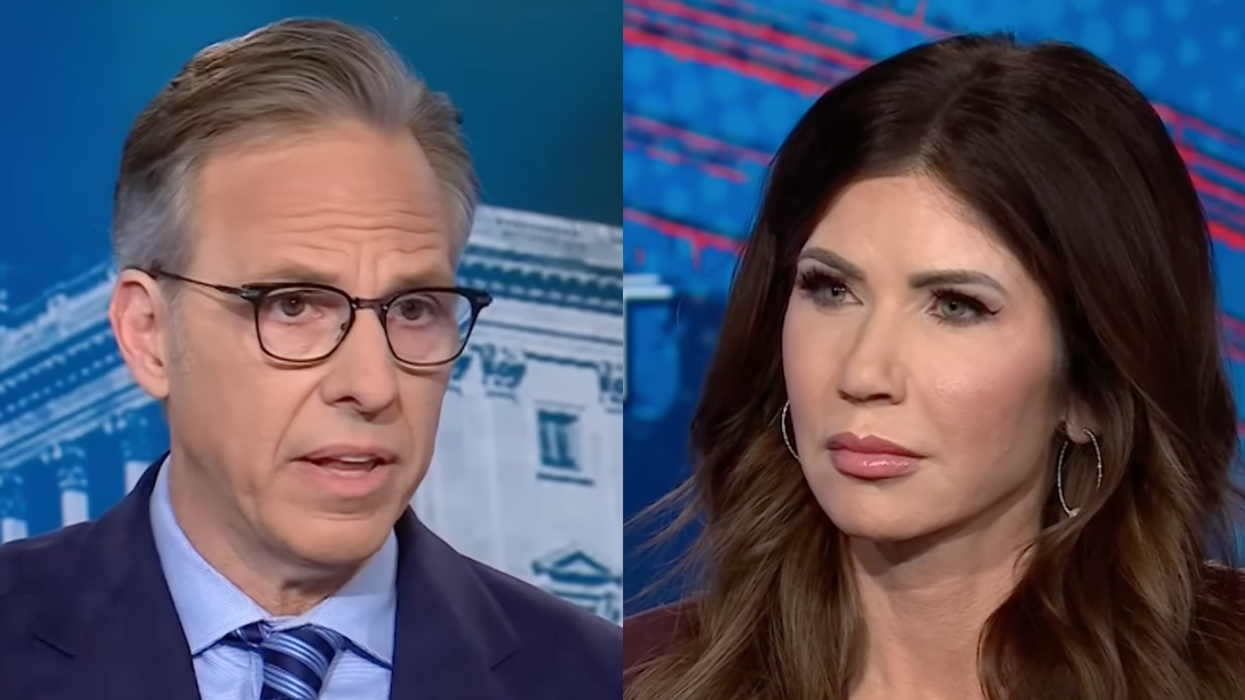
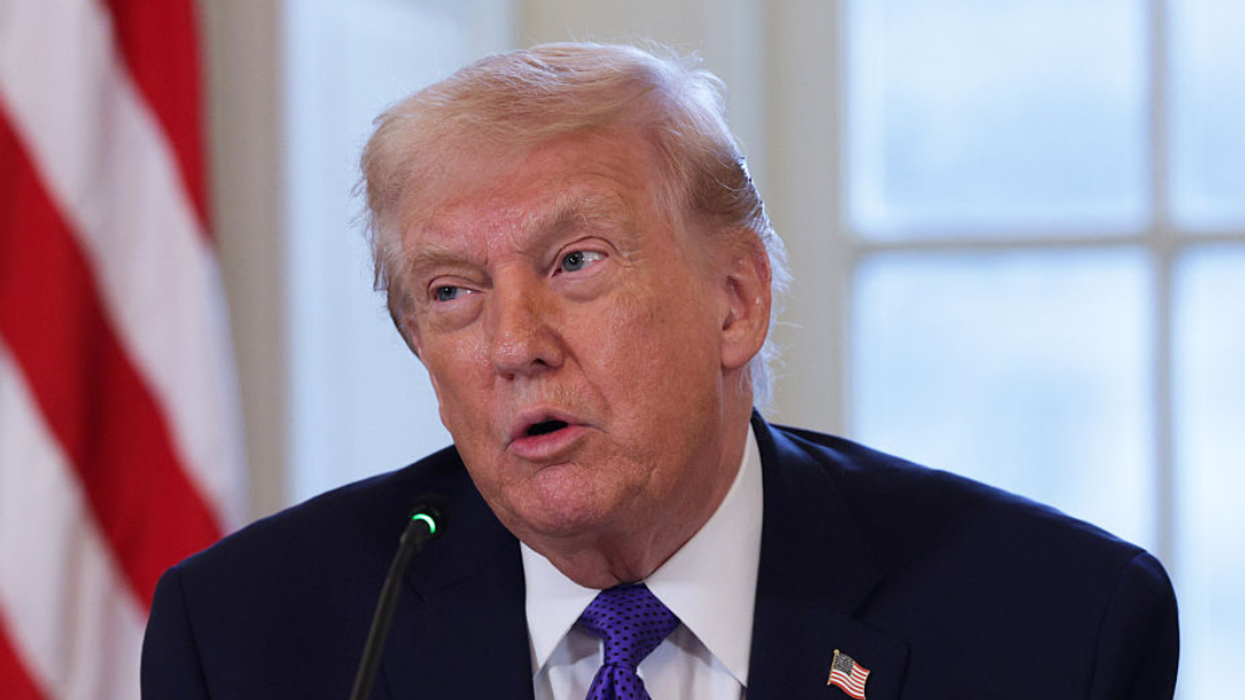
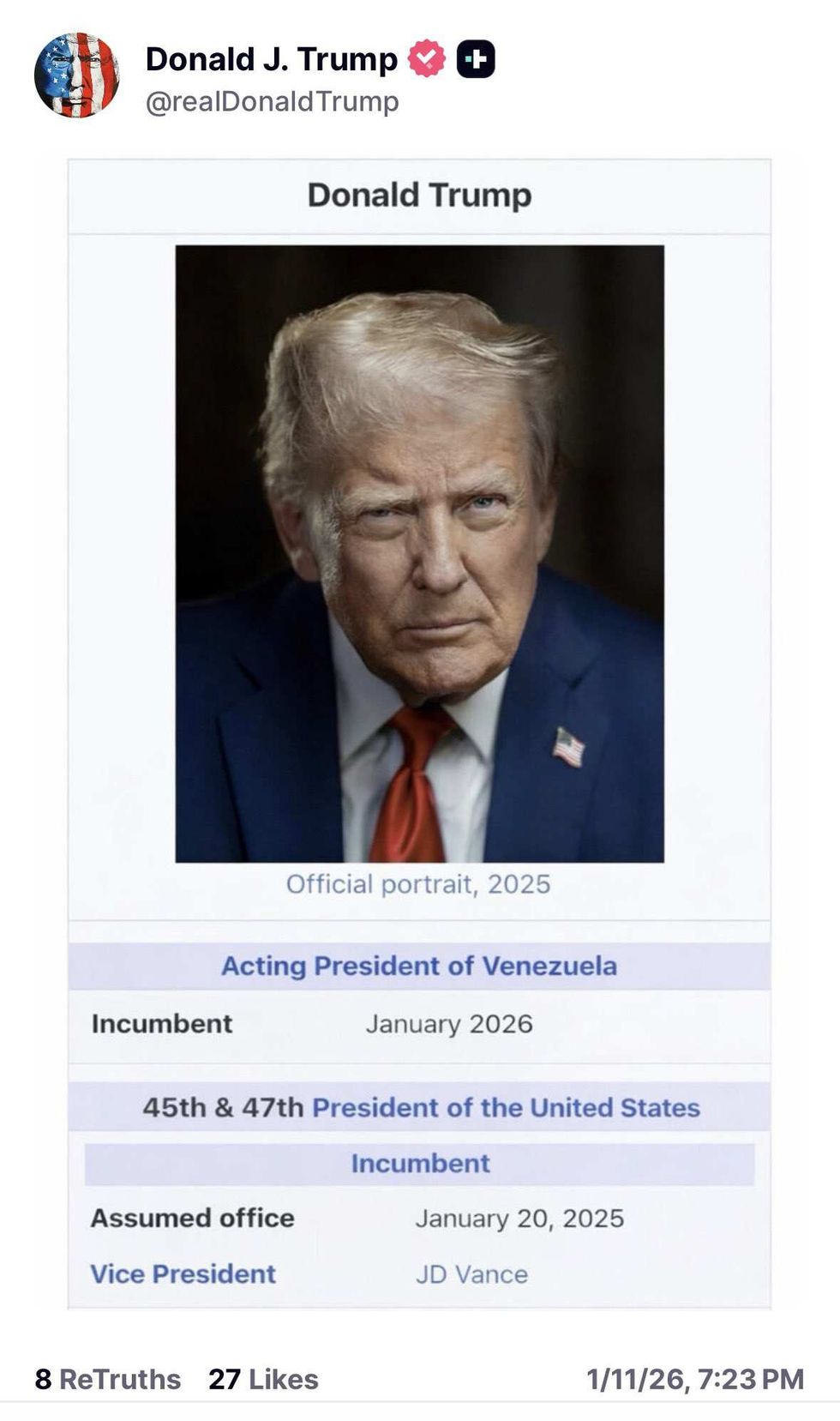 @realDonaldTrump/Truth Social
@realDonaldTrump/Truth Social
 Going Up High School GIF by Pudgy Penguins
Going Up High School GIF by Pudgy Penguins  Thats It No More GIF by Cool
Thats It No More GIF by Cool 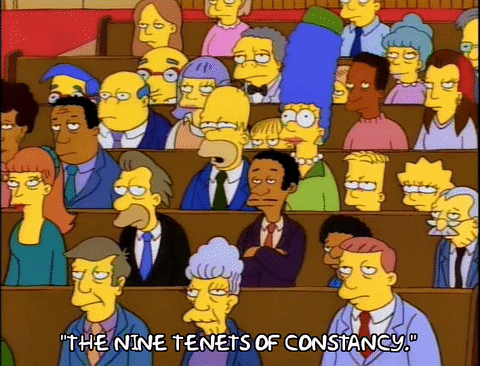 tired homer simpson GIF
tired homer simpson GIF  Season 9 Ugh GIF by Curb Your Enthusiasm
Season 9 Ugh GIF by Curb Your Enthusiasm  Working Bored To Death GIF by Hollyoaks
Working Bored To Death GIF by Hollyoaks